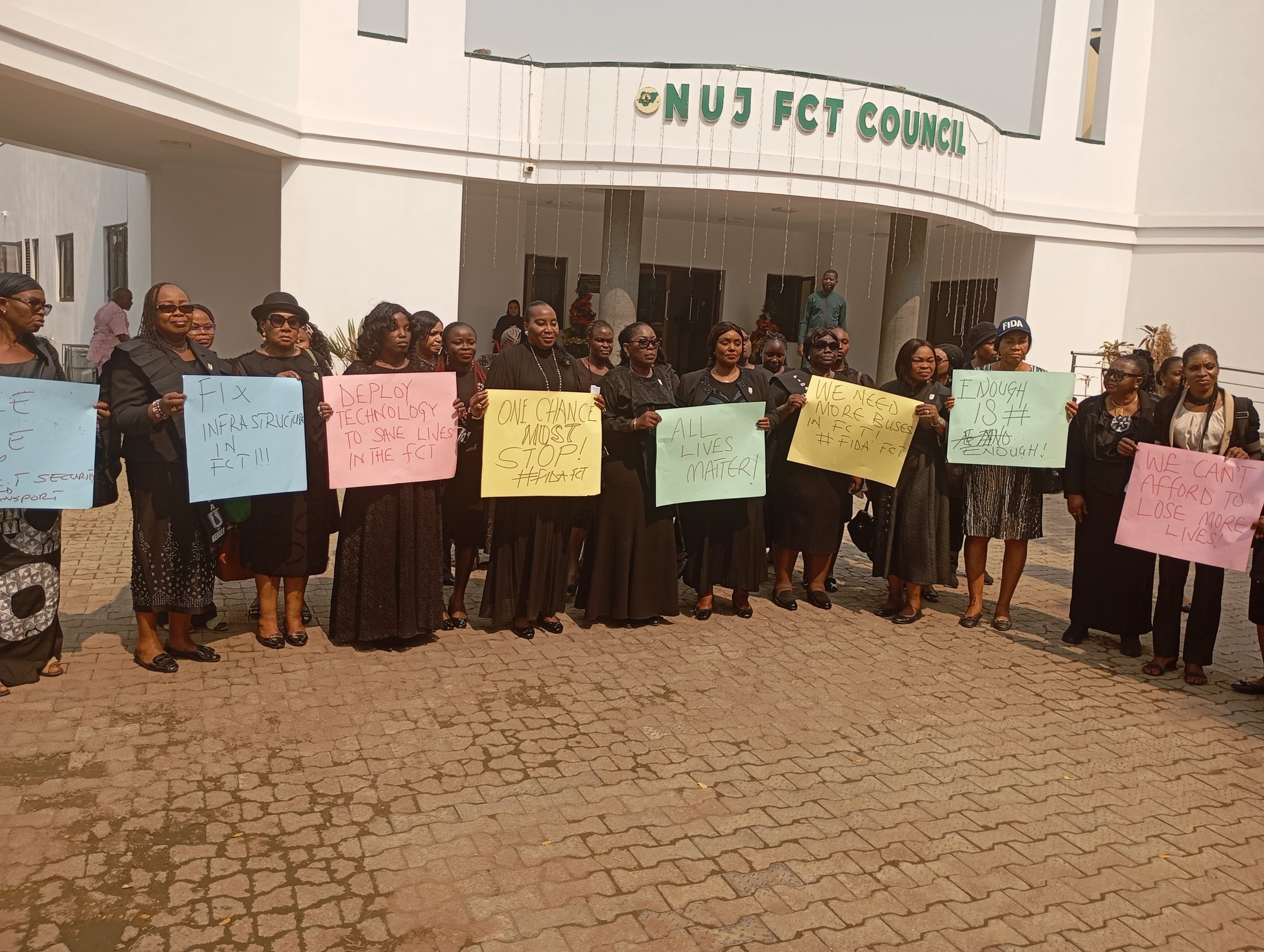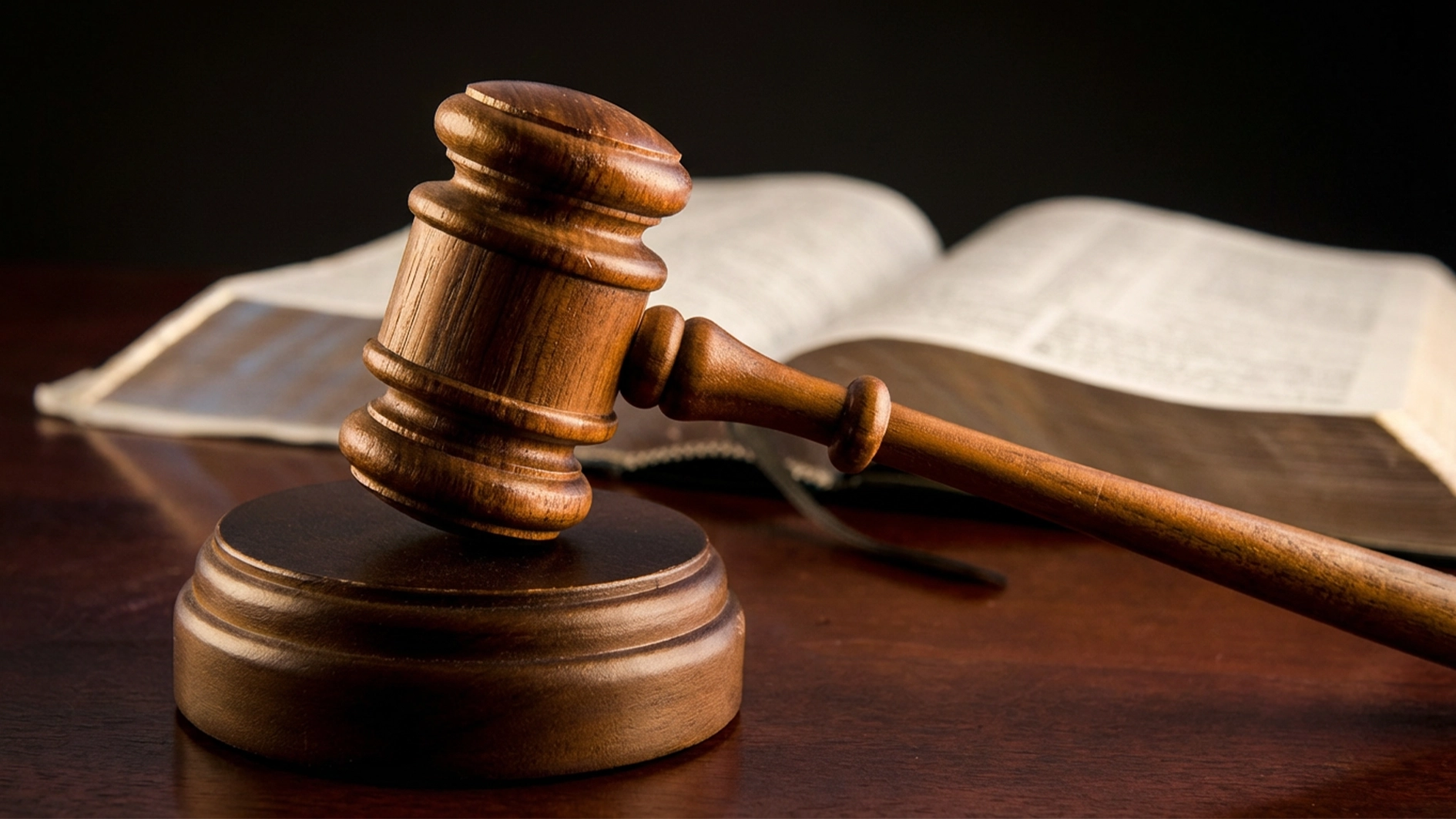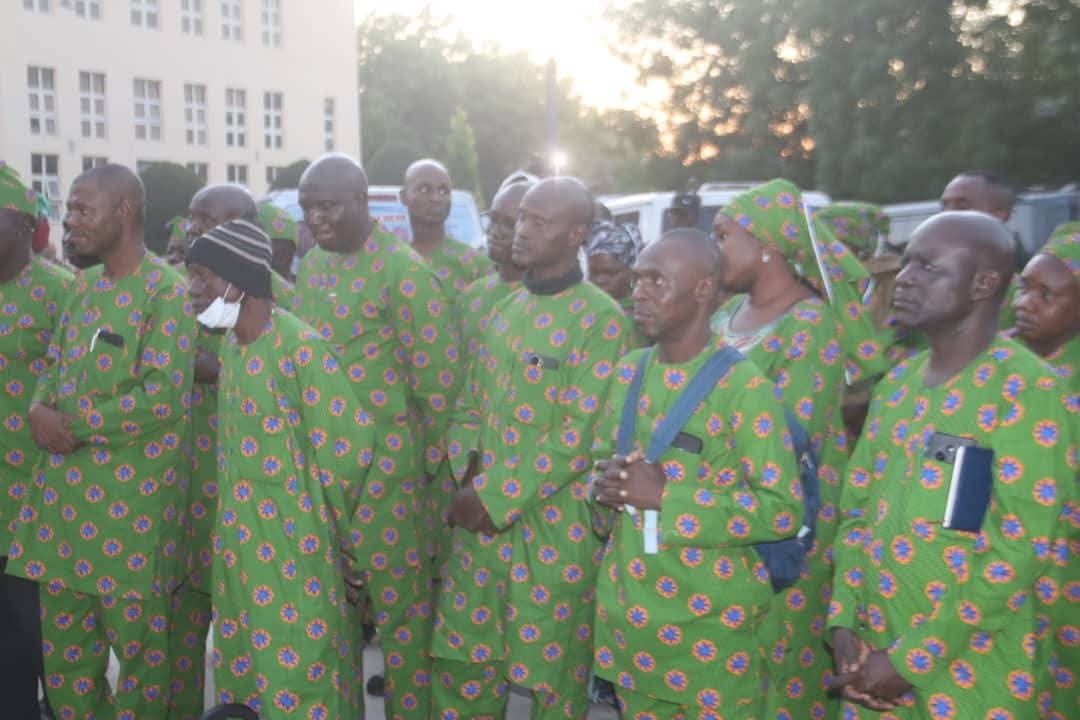A growing push to redefine global justice and strengthen Africa–diaspora solidarity dominated deliberations in Accra, where leaders, activists and policymakers from fifty-seven countries met to forge a unified front on political and economic redress.
The International Conference of the Pan-African Progressive Front (PAPF), convened to mark the eightieth anniversary of the historic Fifth Pan-African Congress, brought more than two hundred delegates from Africa, the Caribbean and the wider Black diaspora to rethink strategies for the continent’s political empowerment.
Held under the theme “From Historical Memory to Economic and Political Justice,” the gathering examined how historical grievances continue to shape contemporary inequalities and what collective action is required to address them.
Ghana’s President, John Dramani Mahama, who serves as the African Union’s Champion for Reparations, formally opened the conference. The event drew an unusually wide range of senior participants, including former Ghanaian President John Kofi Agyekum Kufuor, Congolese opposition leader Martin Fayulu, South Africa’s influential labour voice and NUMSA General Secretary Irvin Jim, and Zambia’s Socialist Party leader Fred M’membe. Their presence, organisers said, reflected an expanding consensus across political traditions on the need for coordinated Pan-African action.
Diplomatic interest was also notable. The United States Chargé d’Affaires in Ghana, Rolf Olson, attended the conference, a participation that delegates described as a sign of growing international engagement with Africa’s calls for justice and structural reform.
After two days of intense discussions on political cooperation, continental unity and historical accountability, the meeting adopted the Accra Declaration, a programmatic document outlining a roadmap for shared action. The declaration proposes the establishment of national, regional and continental mechanisms to pursue broad-based political, economic and restorative justice, and highlights the need for a global framework that aligns with international principles of restitution, compensation, rehabilitation and non-repetition.
Delegates emphasised that the document is anchored not just in historical grievance but in future-oriented planning for Africa’s development. Strengthening ties among Africa, the Caribbean and the diaspora formed a major pillar of the declaration, which frames their interconnected struggles as a foundation for deeper political cooperation.
President of the Pan-African Movement for Reparations, Justice, and Restoration of Historical Memory, Ouzeirou Mamane, said the gathering marked a decisive shift from symbolism to implementation.
“It is very important that we have moved to practical steps,” he said. He also highlighted the significance of having a representative of the United States embassy in attendance, noting that it reflects a widening acknowledgement of Africa’s expectations vis-à-vis Europe.
For many participants, the conference reaffirmed Accra’s position as a historic centre of Pan-African thought and activism. Organisers described the event as an important step toward realising the vision of Kwame Nkrumah, who insisted that Ghana’s independence was meaningless unless tied to the liberation of the entire continent.
With the adoption of the Accra Declaration, delegates said Africa and its global diaspora are charting a more assertive path one that links historical memory with a coordinated pursuit of political and economic justice.






